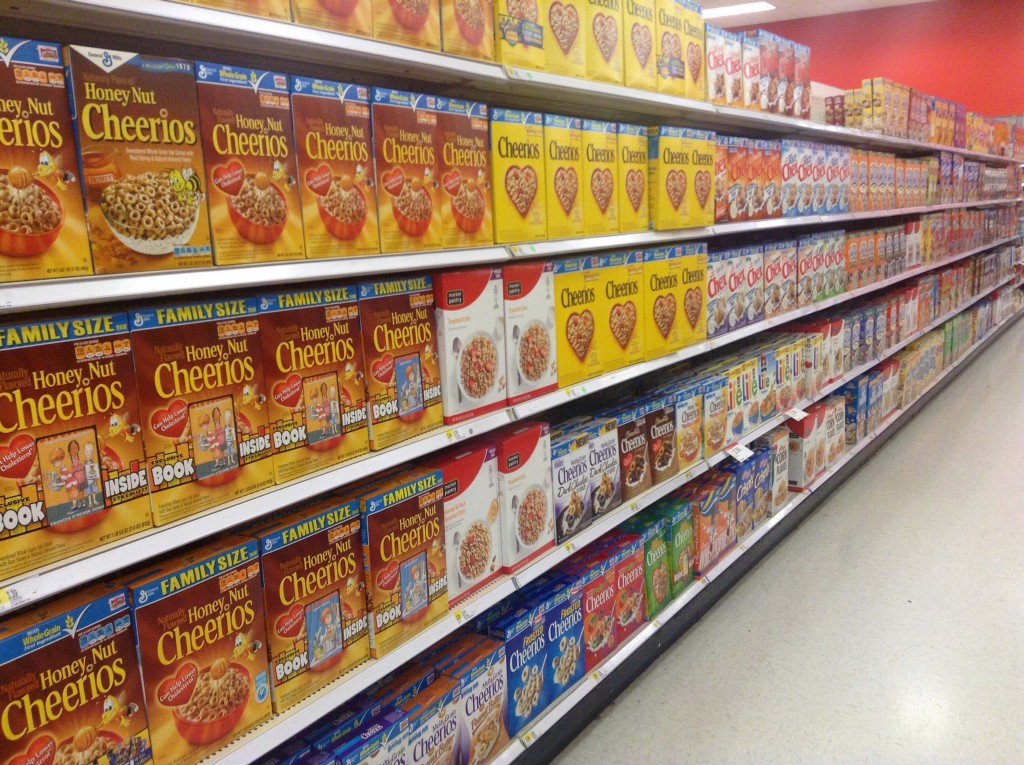Amazon Whole Foods Might Kill Brand-Name Food
But I doubt it.

Yesterday, MarketWatch warned us that Amazon’s acquisition of Whole Foods might kill the branded food product:
Amazon is taking away the power of brand names, throwing another industry into turmoil
Overall, consumer packaged-goods spending is expected to be flat this year, [analyst James Cakmak] said, citing his checks with the ad agencies.
Cakmak sees Amazon leading this change as it increases its push into food and other goods, with its own private label brands and its recent bid for Whole Foods Market Inc. WFM, +0.38% Wal-Mart is also playing a part, as it has shifted more into e-commerce with its acquisition of Jet.com in August 2016 and its discounts for online orders.
Combined, the two retail giants are making the consumer packaged-goods sector a commodity-driven sector, rather than a brand-focused one.
I’m no analyst, but I read that totally differently. Amazon is increasing the power of brands by creating its own, and by acquiring an aspirational grocery brand known for both high quality and high prices. Same with Walmart going after Jet, or Disney absorbing Marvel, or whatever.
The MarketWatch piece theorizes that we’re going to start spending on food the same way we spend on other Amazon goods: by looking for the cheapest one, even if that means buying your prom dress from some retailer you’ve never heard of and hoping for the best.
18 Prom Dress Nightmares That Prove You Should Never Buy Your Prom Dress Online
But we’ve always spent differently on food. Ask anybody who’s pushed their cart past the bags of off-brand cereal before grabbing a box of Cheerios. (Or the parents who put the bagged cereal inside the Cheerios box to try and get their kids to eat it.)
Even if you’re the person who prefers Signature Select or President’s Choice or whatever, you still grab your groceries based on brand. Only some of us spend every grocery trip squinting at price-per-ounce numbers so we can choose the least expensive one; the rest of us pick the brands we know and trust, whether for taste or cost or both.
And if food retailers are experiencing flat sales this year, that’s probably okay? It isn’t like our consumption of breakfast cereal or ketchup should continuously rise, year over year. There is an upper limit to how much food we care to eat, as the phrase goes.
But hey, at least it’s Amazon killing something this time, and not Millennials.
Support The Billfold
The Billfold continues to exist thanks to support from our readers. Help us continue to do our work by making a monthly pledge on Patreon or a one-time-only contribution through PayPal.
Comments